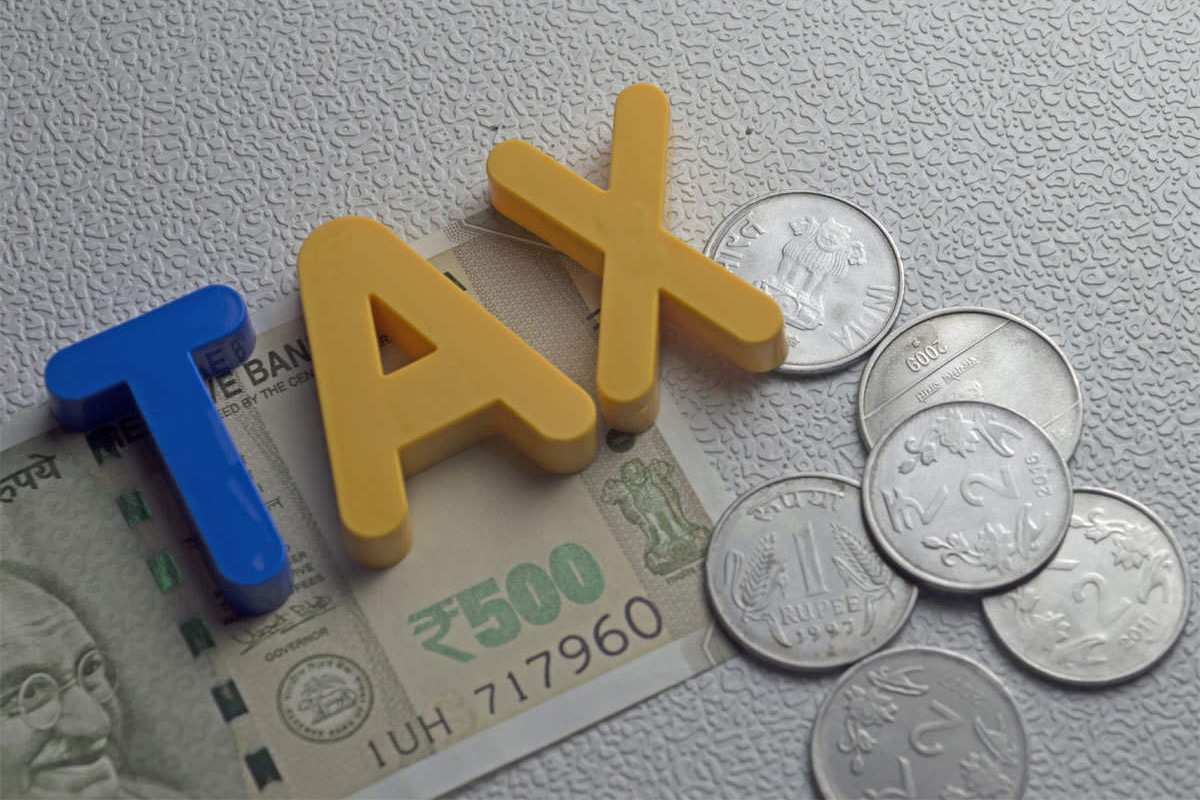Economy in deep crisis, says Kapil Sibal in RS
He said “Our country needs minds to look at issues and not at politics.”

representational image (iStock photo)
Falling revenue estimates for firms may be leading them to again choose to push back their advance tax payments, says a report by Emkay Global Financial Services.
The YoY contraction in the government’s corporate tax revenue may thus be explained by unlisted/small and mid size firms delaying their tax payments in Q1FY24, the report said.
It could be an early sign that the economy is possibly in a late business cycle, it added.
Advertisement
“Startlingly, we are seeing signs of a reversal to pre-Covid behaviour when we consider Q1FY24 corporate tax payments by unlisted/SMID firms. The share of listed companies in Q1 corporate tax collections by the government is back to the highs of 76 per cent (vs 50 per cent last year and pre-Covid average of 80 per cent and we are yet to find a convincing answer as to why unlisted/SMID firms will suddenly choose to delay their tax payments again”, it added.
The noise around weaker tax revenue has marred the government’s fiscal profile, four months into FY24, the report said. What strikes us here is that the weakness in tax revenue has been led by a 10 per cent contraction in corporate tax collections in 4MFY24 (vs 11 per cent budgeted growth for the year). This stands in contrast to the reported 35-40 per cent profit growth for listed companies in Q1FY24. This deep contraction has also raised the asking rate for the rest of the year if the budget estimates are to be met. The monthly average gross tax revenue needs to increase by 38 per cent over the current pace to match FY24BE of Rs 33.6trn (11.1 per cent of GDP).
“Our study of listed companies hinted at a behavioural change in corporate tax payments post-Covid, where front-loading/smoothening of advance tax payments has been led by unlisted/SMID entities,” the report said.
This possibly explains the sharp increase in the government’s corporate tax collections in Q1, as a share of full year revenue, this increase in the government’s Q1 corporate tax revenue comes at a time, when there is no extra push by listed companies to front-load their tax payments.
“We see that listed companies used to pay 20-25 per cent of their full year tax liability in Q1 of each year, and that behaviour did not change post-Covid. This implies that unlisted companies filled the gap by front-loading their payments post-Covid, leading to the government’s Q1 corporate tax collections rising sharply as a share of the full year,” the report said.
Advertisement